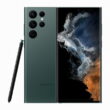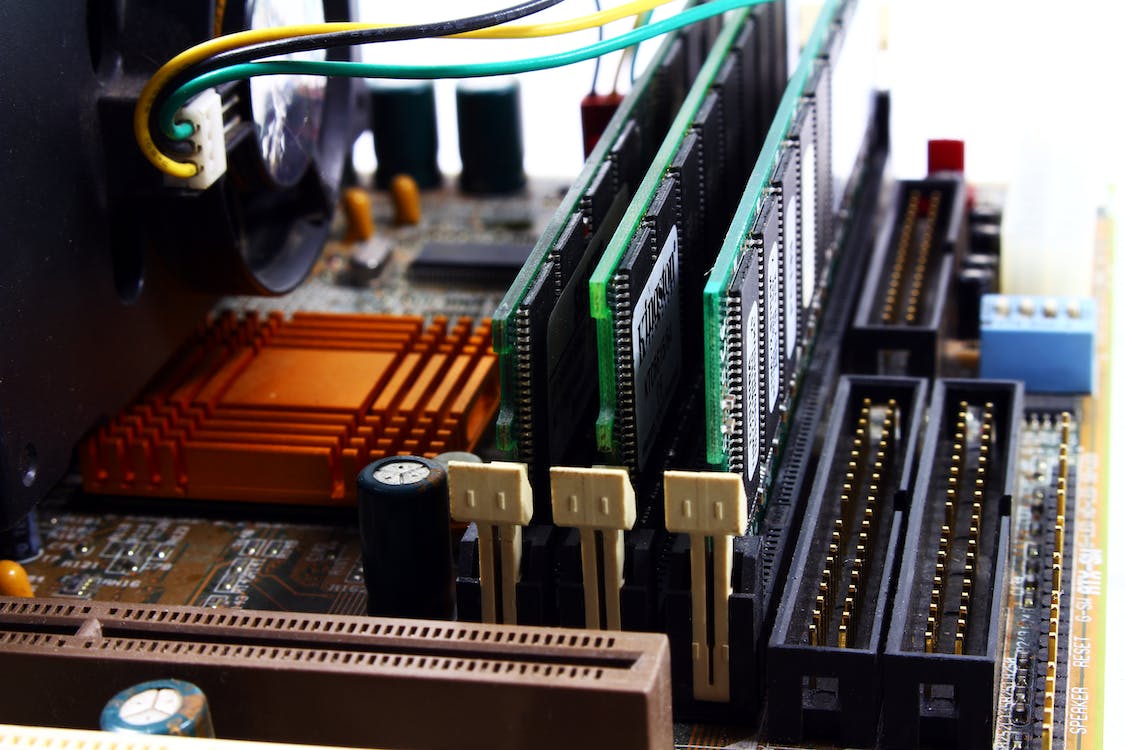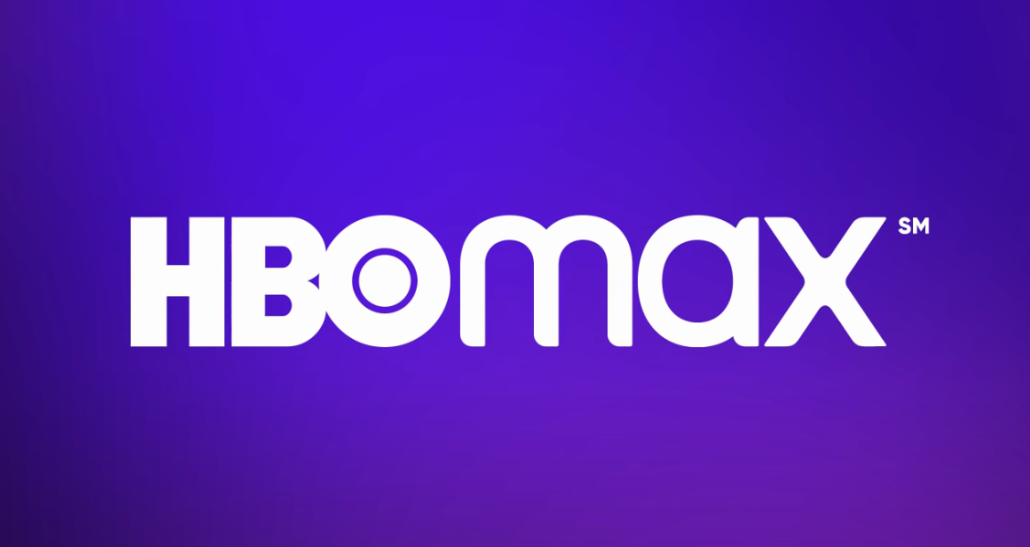When it comes to choosing the right RAM for your computer, the question often arises: Does RAM brand matter? The truth is, while brand recognition may have some influence on your decision, it’s the underlying components and performance that truly make a difference. In this article, we’ll delve into the world of RAM to help you make an informed choice, discussing memory IC chips, speed, latency and why reputable brands can be worth the investment.
The Role of Memory IC Chips
At the core of every RAM module lies the memory IC chip, responsible for storing and retrieving data. The good news is that as long as you opt for a RAM brand that sources memory IC chips from established companies, you’re on the right track. Currently, the memory IC chip market is predominantly dominated by three giants: Samsung, SK Hynix and Micron. Most leading RAM manufacturers, such as Corsair, G. Skill, Kingston, Trident, Crucial and more, rely on memory IC chips from these industry leaders.
The Significance of RAM Brand
While the memory IC chips themselves play a pivotal role, choosing a RAM brand involves more than just the chips. Reputed brands offer advantages such as sophisticated heatsink designs, RGB support, warranty coverage, return policies and product availability. However, there are situations where lesser-known brands might be the better choice, particularly in terms of cost-effectiveness.
The Bottom Line: RAM Brands Don’t Matter(In Most Cases)
When selecting RAM, prioritize specifications like frequency and CAS Latency over brand names. For DDR4 RAM, a speed of 3200 or 3600 MHz with a latency of CL 16/18 is considered optimal. In the case of DDR5, a RAM stick operating at 5000/6000 MHz with CL 36/40 will suffice.
What truly matters are the specific memory chips integrated into the RAM module. Unfortunately, many specifications do not disclose the type of memory chip used. This is where opting for a reputable brand becomes crucial, as they consistently source high-quality memory chips from the big three manufacturers.
Why Choose Reputed RAM Brands?
You might wonder why popular RAM brands like Corsair, G. Skill, Kingston and others come with a higher price tag. There are several reasons:
- Intensive Testing: Reputable manufacturers subject their RAM modules to rigorous stress tests, ensuring stability and reliability even under demanding workloads. This translates to fewer issues when increasing frequency and lowering latency compared to lesser-known brands.
- Warranty and Return Policy: Leading RAM brands provide excellent warranty coverage and return policies. In the event of memory errors, these brands have your back, often offering lifetime warranties on their modules.
- Efficient Heat Sink Designs and Overclocking: If you plan to overclock your RAM, the quality of the heatsink matters. Brands like G. Skill, Corsair and Crucial excel in designing efficient heatsinks that prevent thermal throttling and contribute to system stability.
- Availability: Popular RAM brands manufacture large quantities of memory kits each year, ensuring availability for future upgrades. This means you can expand your RAM without compatibility concerns.
What RAM Brand Should You Choose?
For those building a new system, popular RAM brands like Kingston, Crucial, Corsair and G. Skill are solid choices. These brands offer reliable performance, low CAS Latency and future upgrade options.
Additionally, consider the type of memory chip(die) used in the RAM. Samsung B-die and Micron E-die are currently favored for their excellent frequency-to-latency ratios and overclocking stability.
If upgrading your existing RAM, aim for identical modules in terms of brand, frequency, timings and memory ranks to ensure compatibility. Mixing RAM with different specifications may lead to suboptimal performance or system instability.
The Benefits of Top RAM Brands
Performs Intensive Testing
There is a reason why some RAM manufacturers are more reputed than others. One reason is RAM testing and quality assurance. Even if the memory chips are manufactured by the same companies, the reliability of how well the entire module performs under stress depends on the RAM brands.
Choosing RAM from a reputed brand means these RAMs go through intense stress tests, making sure that they do not crash or run into memory problems in the future. It also means that the module handles stress workloads much more efficiently without crashes.
From personal experience, RAM from known brands like Corsair or G. Skill ran into significantly fewer issues when increasing frequency and lowering latency compared to less known brands.
Provides Good Warranty and Return Policy
Another aspect that popular RAM brands dominate is warranty and return policies. There is always a chance that PC components run into memory errors. In the case of RAM, complications could be errors in the internal circuitry or the memory chips.
Getting RAM from a reputed brand means they have great return policies and provide a good warranty if the module runs into errors.
Some brands may even give a lifetime warranty on memory modules. You may not always find this type of support in lesser-known RAM brands.
Efficient Heat Sink Designs and Overclock Capability
If you are looking to overclock your RAM, the heatsink(along with case airflow) plays a crucial role in cooling it down. RAM Heatsink from companies like G. Skill, Corsair, Crucial, etc. are designed really well and effectively cools down the memory chips.
Although it is the die(memory IC chip) that is responsible for how much overclock it can handle, the heatsink helps the memory chip achieve stability at higher frequencies as it prevents thermal throttling.
Heatsinks on memory modules from unknown or less-known brands may not provide efficient cooling. In such cases, the memory module will run into frequent system crashes and memory errors when overclocking.
Availability
Choosing RAM from brands that sell worldwide means they probably manufacture hundreds and thousands of the same memory kits every year. This means availability for future upgrades.
Say you buy a Corsair’s Vengeance DDR5 16(2×8) GB 5600 MT/s CL36 memory kit. In the future, if you want to upgrade to 32 GB, you can buy another identical memory kit of 16(2×8) GB and the system will work fine without any issues.
However, if you go with a RAM brand that is not popular, the chances of finding RAM with similar capacity, frequency, latency and rank could be hard.
What RAM Brand Should You Choose?
If you are installing a completely new set of RAM in your setup, you can choose any RAM brand like Kingston, Crucial, Corsair, or G. Skill. These RAMs are fairly popular and will also provide you with good transfer rates and lower CAS Latency, with options for future upgrades as well.
When selecting RAM, it is also a good idea to check the type of die(memory chip) it uses. Currently, Samsung B-die and Micron E-die are popular. These memory chips offer the best frequency-to-latency ratio and have a good reputation for stability when overclocking.
Unfortunately, your RAM specification does not mention the type of die it uses. You can go to the B-Die Finder website to check the memory module if it uses a Samsung B-Die.
If you are looking to upgrade your RAM, I recommend that you get identical ones to the ones you previously installed. This means the same brand, frequency, timings and memory ranks. Mixing RAM with different frequency and memory timings means the RAM will not run at it’s full speed.
By doing this, all your RAM will run on similar frequency and memory timings, thus lowering the chance of memory failure.
This may not be possible if you cannot find the exact memory module. In such cases, try looking for RAM with similar RAM frequency, latency and memory ranks. But, whether the system will function without any memory errors is uncertain.
Conclusion
When it comes to RAM, the brand is just one piece of the puzzle. While popular brands offer advantages like rigorous testing, efficient cooling and strong warranties, the key factors to consider are the specifications and the quality of the memory IC chips. Prioritize speed and latency over brand names and ensure compatibility if you’re upgrading. By making an informed choice based on your specific needs and budget, you can enjoy reliable and efficient performance for your computer system. So, when you ask, “Does RAM brand matter?” remember, it’s the hardware and performance that truly count.
Other Technical Reviews:- Reviews







